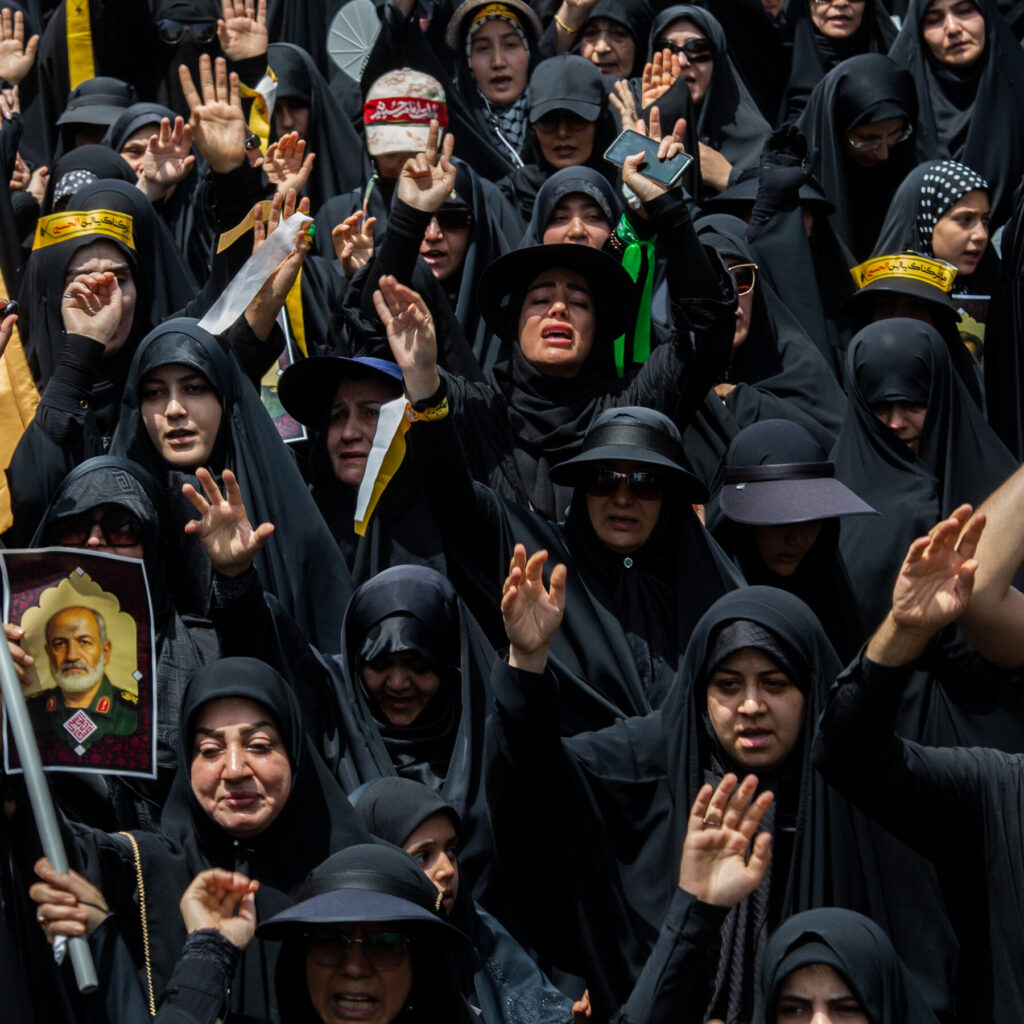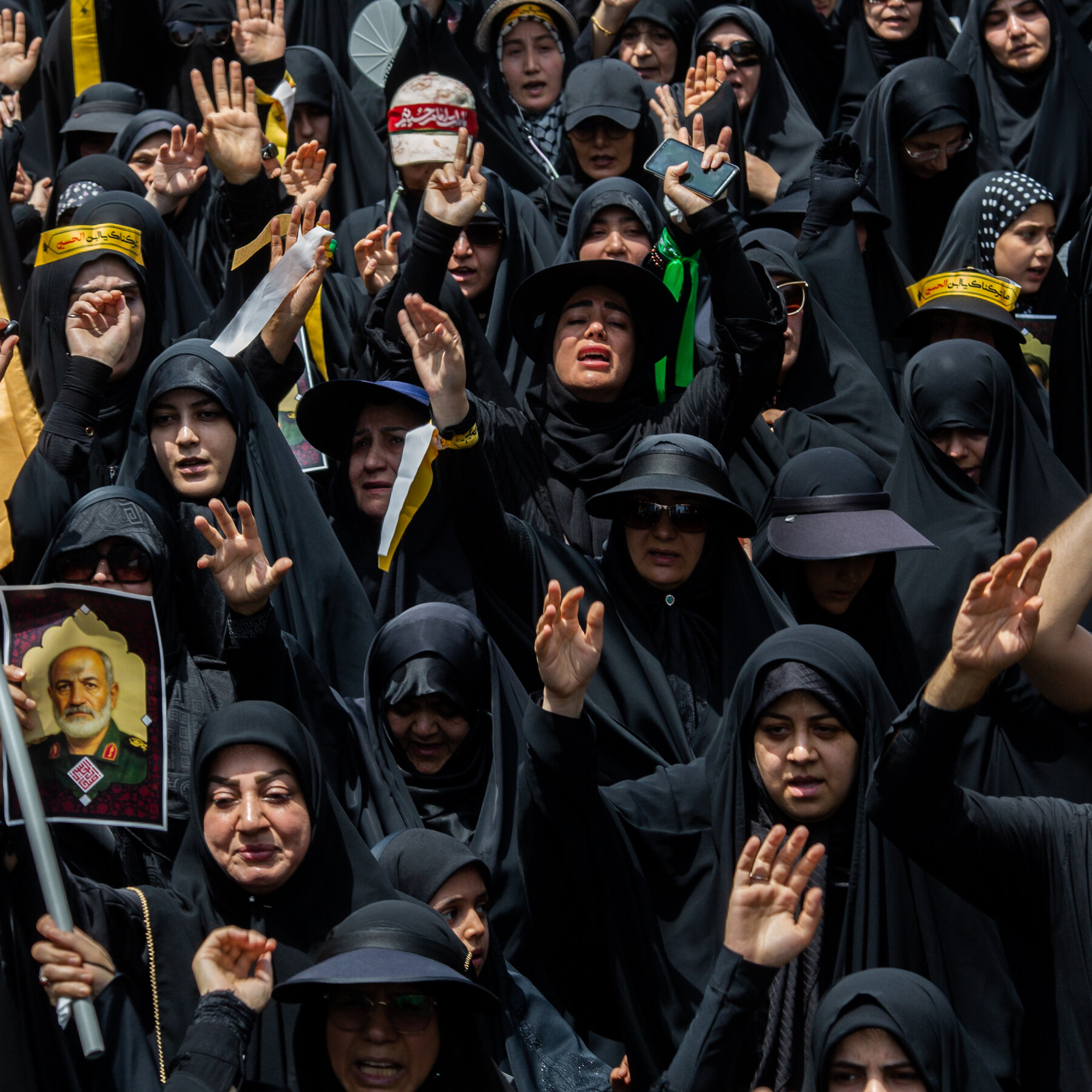Iran’s Leaders Turn to a New Brand of Nationalism After Israeli and U.S. Attacks
Iran’s Leaders Turn to a New Brand of Nationalism After Israeli and U.S. Attacks

The theocratic government is repurposing folklore and patriotic anthems as it seeks to channel national outrage into increasing its support at home.
Read the full article on NY Times World
Truth Analysis
Analysis Summary:
The article's accuracy is questionable, particularly regarding the context of "Israeli and U.S. Attacks" which is not supported by the provided sources. The article exhibits moderate bias by framing Iran's actions as a direct response to these attacks, potentially oversimplifying the situation and omitting other contributing factors.
Detailed Analysis:
- Claim: Iran’s Leaders Turn to a New Brand of Nationalism After Israeli and U.S. Attacks
- Verification Source #1: Mentions Supreme Leader's appearance after war with Israel on July 5, 2025.
- Verification Source #2: States that the U.S. Intelligence Community assesses that Iranian leaders did not orchestrate nor had foreknowledge of the HAMAS attack against Israel.
- Verification Source #3: Mentions 'Israeli strikes against Iran'.
- Assessment: Partially supported. While sources mention Israeli strikes and a potential shift towards nationalism, the direct causal link and the nature/extent of 'U.S. Attacks' are not clearly substantiated. Source 2 contradicts the idea of Iranian leadership orchestrating attacks against Israel.
- Claim: The theocratic government is repurposing folklore and patriotic anthems as it seeks to channel national outrage into increasing its support at home.
- Verification Source #4: Mentions a turn to revolutionary Shia Islam under Ayatollah Khomeini, which could be related to repurposing cultural elements.
- Assessment: Unverified. While the general concept of governments using cultural elements for support is plausible, this specific claim lacks direct support from the provided sources. Source 4 provides some context about historical trends.
Supporting Evidence/Contradictions:
- Source 2: 'We assess that Iranian leaders did not orchestrate nor had foreknowledge of the HAMAS attack against Israel.' This contradicts the implication that Iran's actions are solely a response to attacks.
- Source 1: 'On July 5—after twenty-four days without a public appearance, including the twelve spent at war with Israel—Supreme Leader Ali Khamenei showed…' This supports the claim of conflict with Israel.

